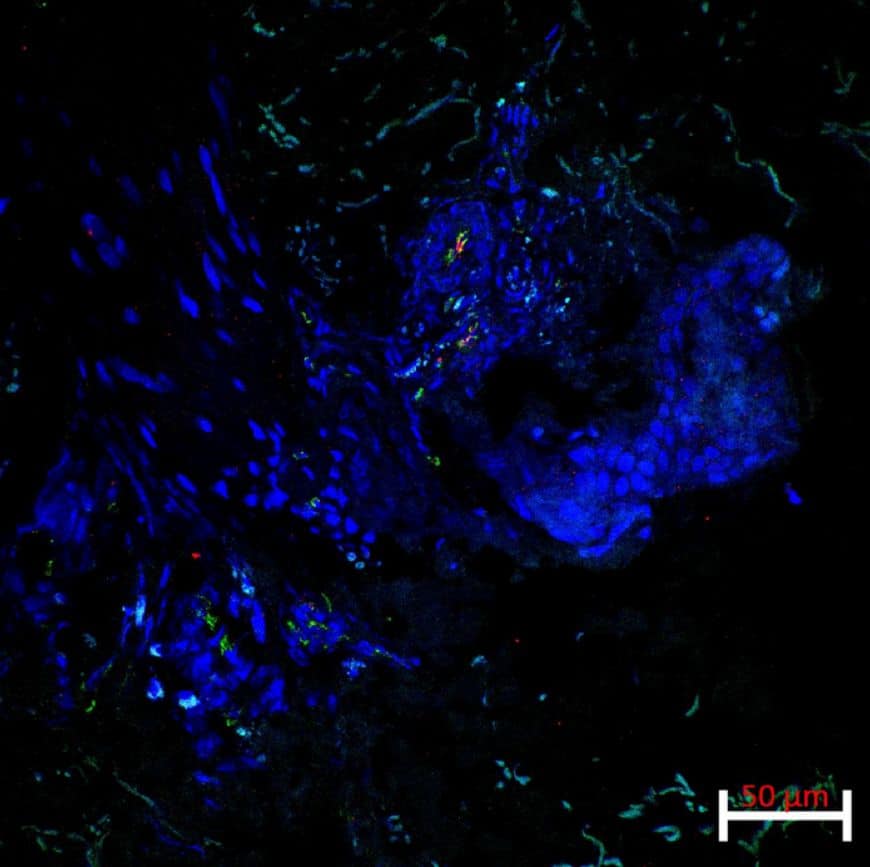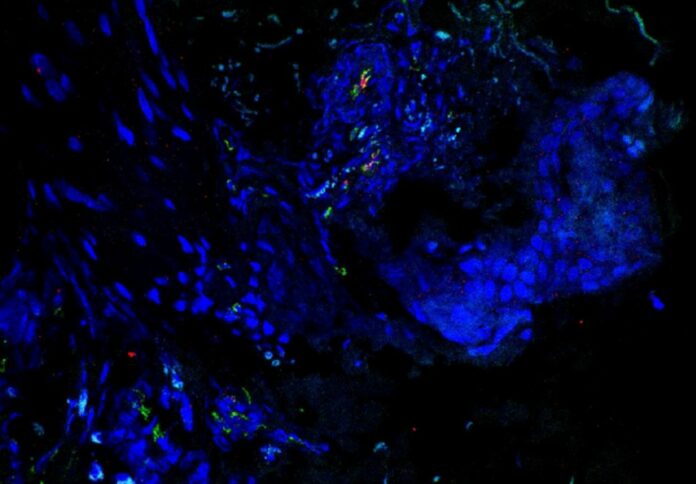This is a new immune disorder characterized by inflammation that can damage small blood vessels.
In a major breakthrough, scientists at the National Institute of Allergy and Infectious Diseases (NIAID) have identified a new autoinflammatory disease, called Lyn kinase-associated vasculopathy and liver fibrosis (LAVLI), caused by mutations in the LYN gene. The LYN gene plays a vital role in regulating immune responses in both healthy and diseased states.
The discovery, which was published in the prestigious journal Nature Communications, has opened new avenues for potential treatments by repurposing existing drugs. The study was led by renowned researchers, Adriana A. de Jesus, M.D. Ph.D., and Raphaela Goldbach-Mansky, M.D., M.H.S., from the Translational Autoinflammatory Diseases Section of the Laboratory of Clinical Immunology and Microbiology at NIAID.
The initial discovery of LAVLI occurred in a pediatric patient who underwent genetic testing. The testing revealed a mutation in the LYN gene, responsible for encoding the Lyn kinase protein.
Subsequently, two other unrelated pediatric patients were found to have mutations in the same gene. All three patients developed diseases associated with the LYN mutation shortly after birth, with two of them developing liver fibrosis in their first year of life due to excessive scar tissue from inflammation and repeated liver damage.

Additionally, all three patients had perinatal onset of neutrophilic cutaneous small vessel vasculitis, an immune disorder characterized by inflammation caused by high levels of neutrophils, which can harm small blood vessels.
According to the study, Lyn kinase was found to be constantly active and incapable of deactivation in all three patients with the LYN mutation. This led to an increase in neutrophil migration, altered inflammatory signals, and activation of liver cells that promote scar and fibrosis.
Based on these findings, it is suggested that Lyn kinase could be a potential target for therapeutic drugs aimed at treating non-syndromic small vessel vasculitis and other forms of liver fibrosis induced by inflammation.
Image Credit: Dan Yang, M.D., National Heart, Lung, and Blood Institute
